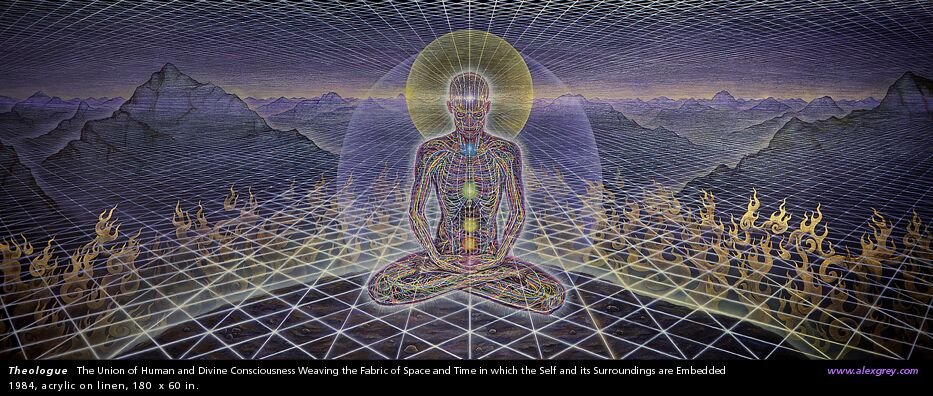Synthetic Life

The J. Craig Venter Institute in Maryland, a not-for-profit research institute dedicated to the advancement of the science of genomics, has achieved the world's first genome transplant. They took the genome out of one species of bacteria (Mycoplasma capricolum), and transplanted it into a second species of bacteria (Mycoplasma mycoides). Predictably, the former transformed into the latter. But that's not the really interesting part. The really interesting part is that this process is now proof of concept for an experiment that this same team intends to complete in a matter of months: the creation, for the first time in history, of synthetic life.
They plan to create a synthetic genome- one which has never existed in this world before, one that did not evolve and was not created by god- and then bring it to life. Soon. Like this year.
And notably, they have begun this endeavor only after a 15-month study on the ethical considerations involved- conducted by the Center for Strategic & International Studies and the Massachusetts Institue of Technology, funded by a grant from the Alfred P. Sloan Foundation.
Potential uses of such technology include new biological forms of fuel, bacteria that can metabolize toxic waste, or cure diseases. Of course, there is also the insidious lure of more sophisticated bioweapons.
25 years ago, micro-computer technology was heralded as a new paradigm. And it is. Ten years ago, the world wide web was widely touted as a new paradigm. And it is. But the new paradigm of this century, I believe, is biotechnology. Research laboratories all over the world are developing abilities so profound that it takes the best minds in the world to consider the implications. Our scientific prowess as a species is now such that we don't even know where we're going anymore.
My favorite sci-fi author, William Gibson, makes the point that technology is rarely legislated into existence, and that history is largely technologically driven. We are developing an extended prosthetic nervous system, he says. No maps for these territories, he says. Gibson doesn't even write sci-fi anymore. His current books deal with the present, and even that is heady stuff.
Ever since the codification of the scientific method during the late Renaissance, technological progress has increased steadily, accelerating during the industrial revolution, again through the computer age and the space age. Major breakthroughs occur so regularly that they're barely news. Decade by decade, scientists are chipping away at the fabric of reality, and deconstructing it, literally playing god. And it seems as though we stand at the brink of some new shift. Computer scientist Stephen Wolfram, pioneer in chaos theory and cellular automata, claims in his book A New Kind of Science that all physical processes are inherently computational. If so, he muses, then we should be able to program reality much the same way we program a computer.
Chew on that for a while and then tell me why we spend a trillion dollars a year on war when we could be creating an entirely new reality.


No comments:
Post a Comment